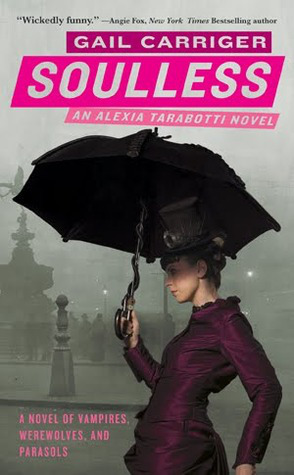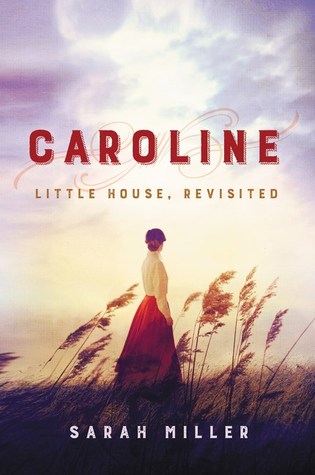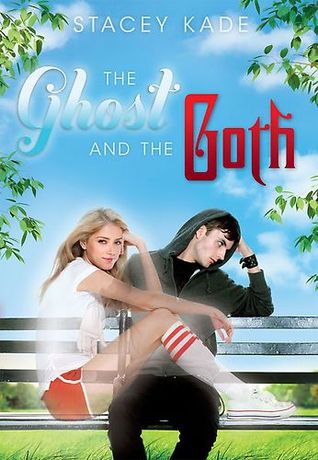
It’s Victorian England, vampires and werewolves are mostly-accepted members of polite society, and Alexia Tarabotti does not have a soul. Oddly enough, this is the least of her problems.
In a word: Lighthearted.
Recommend: That depends on who you are, what you want to read, and what kind of content you’re comfortable with.
First up, the warning: I didn’t actually want to review this particular book on this blog, because of its content. I’m not big on chatting about Adult Content of the Bedroom Variety, for several reasons, particularly on my storytelling blog. (I am an adult, yes, but that means I can talk or not talk about what I please, thanks.) However, for two reasons, I will review Soulless: 1) I enjoyed it aside from the Adult Content, and 2) I’ve only read two books this week so far, so necessity calls.
Next up, the review: Soulless is probably my first or at least one of my first forays into paperback PNR. I’m pretty sure I’ve read paranormal books with romance in them before, but not paperback PNR, that special blend of vampires, werewolves, self-assured young ladies of quality, and burly centuries-old love interests. Gail Carriger seems to have made a name for herself in that area, with a whole basketful of series based in the steampunky paranormal world: Soulless is the first book in the Parasol Protectorate series, which I’ve had on my radar for years, and then there’s the Custard Protocol books, and then the Finishing School series for kids/YA. In other words, I felt like I was in safe hands. And I was.
Soulless is comfortably what is is, making no claims to be more but fully embracing its nature. It’s fun, is what I’m trying to say. It’s light, fluffy, and fun. Alexia is a delightful protagonist, consistent in both her flaws and her strengths. She’s a dreadfully old old maid at 27 years, and her Italian father has bestowed her with a dark complexion, a large nose, and an impossibly strongwilled nature. Though she is sensitive about her attributes, which her society sees as misfortunes, she is as unapologetic as the book itself. I hate to use this word, but I love her sassiness. Her sheer attitude is the height of entertainment, and I love when she ribs her judgmental mother and petty sisters right back when they criticize her appearance. (As an owner of a large nose, I felt vindicated.)
Of course, there’s a plot, too: in the highly structured and regulated subsociety of the British supernatural, vampires are getting turned willy-nilly, without hives to teach them how to be decent and not drink people’s blood when they’re hungry, and loner vampires and packless werewolves are going missing. No one knows why (cue suspenseful organ music). But Alexia is, aside from being half-Italian and a spinster with a custom-made weaponized parasol, a preternatural – someone without a soul. And someone with no soul has the ability to neutralize the supernatural aspects of those with too much soul, aka vampires, werewolves, and ghosts (the latter don’t, sadly, feature into this novel). It’s a fascinating concept, the whole too-ensouled/soulless thing, and probably one of the best takes on the supernatural that I’ve ever seen, especially when the logic of it gets applied elsewhere (there aren’t many supernatural people because no one knows how much soul you have; it risks just killing people to try to turn them before they die, and the supernaturals are a largely decent bunch).
And then there’s the romance: Alexia falls for her contact at the BUR, the Bureau of… I’m going to be honest, I didn’t remember the full title of the supernatural investigation society two pages after it was spoken, and I certainly don’t remember now. It’s like the supernatural FBI. Anyway, Alexia and her contact, Lord Conall Maccon, Alpha of the main werewolf pack, have known each other for some amount of time, and it shows. They are the Bickering Couple, hiding their UST in fighting and frustration. Lord Maccon is an entertaining-enough guy, not nearly as fascinating as Alexia and not nearly good enough for her, but he’s also a genuinely good person, with the best interests of both Alexia and London itself at heart. Gruff, but nice. Also, Scottish. Win-win. You see the romance coming from a mile away in the first two chapters, but it’s not The Worst as most romances of the type usually are. Alexia retains her spirit, spunk, and humor throughout, never turning into a limp, lifeless Romance Doll, which makes the whole thing much easier to swallow.
That’s where the warning comes in: Carriger is pretty explicit about what goes on in their relationship. It’s not explicit in that way, but there are a few scenes where the euphemisms fly until they’re not euphemizing anything anymore. I didn’t dig it. But I knew what I was signing up for.
It’s not the most fascinating read in the world. It did, after all, take me about three days to get through Soulless. But it’s a good book to pick up if you want to unplug your brain for a while and watch a strong personality navigate the prim-and-proper side of the supernatural world (until it’s not so prim and proper and the torture machine from The Princess Bride makes an appearance). If you’re looking to get into the PNR paperback world, I’m sure you could do worse than Soulless.
Storytelling and Soulless: I am, admittedly, coming up a little blank on this. But I suppose that may be the point I’m looking for. All the dramatics I like to write on why people tell stories, to reach over and share an experience with the reader? That’s just one reason. And it’s not the right reason. Some stories are told because the writer probably said to themself one day, “Hey, you know what would be fun? If a British-Italian girl had no soul and fell in love with a Scottish werewolf. That’d be fun.” And then thousands of people say, “Yeah, that was fun. Let’s have two more series of stuff like it, because we love fun and smartmouth ladies and sexy werewolves.”
I don’t know, I just think that’s pretty cool, too.
Advertisements Share this:





